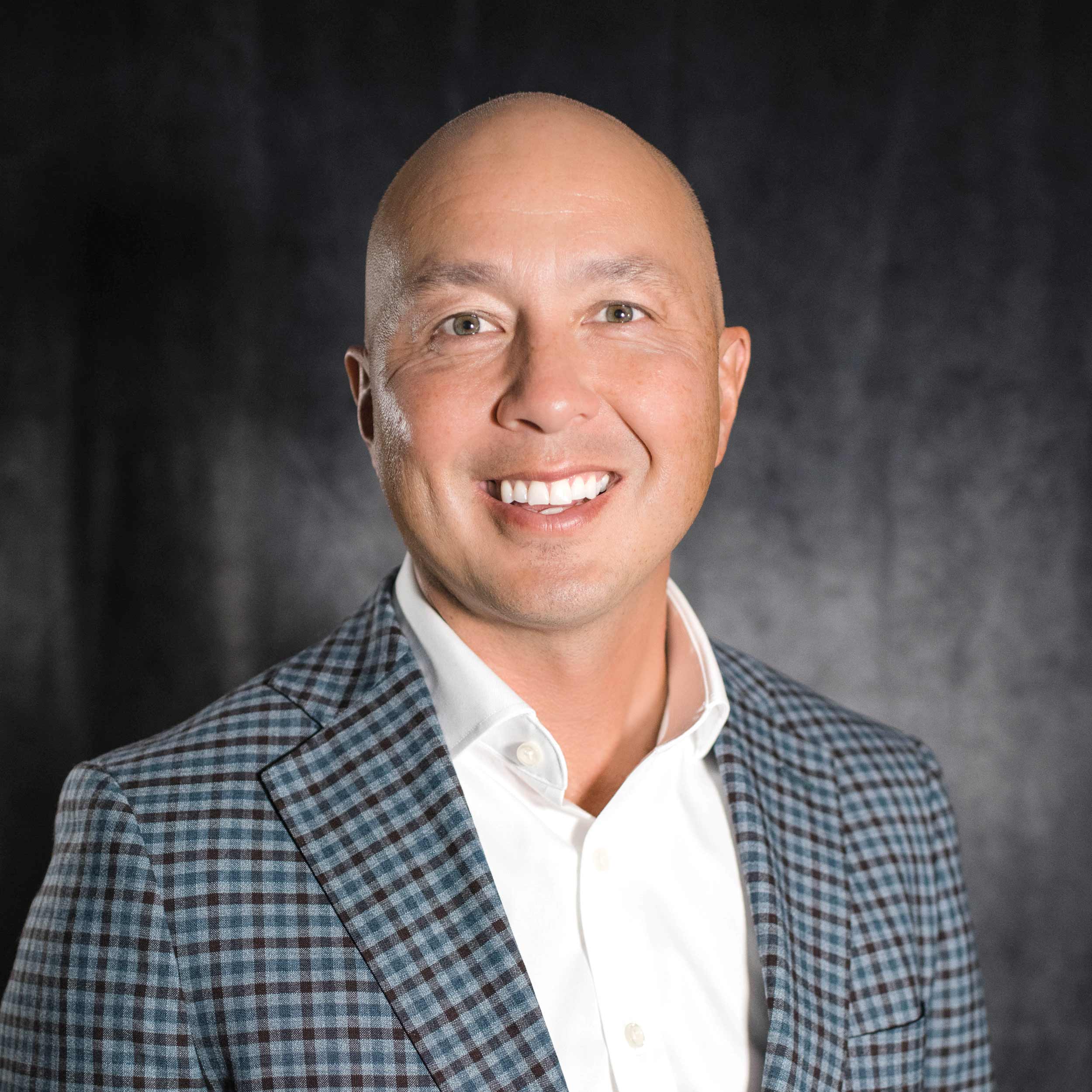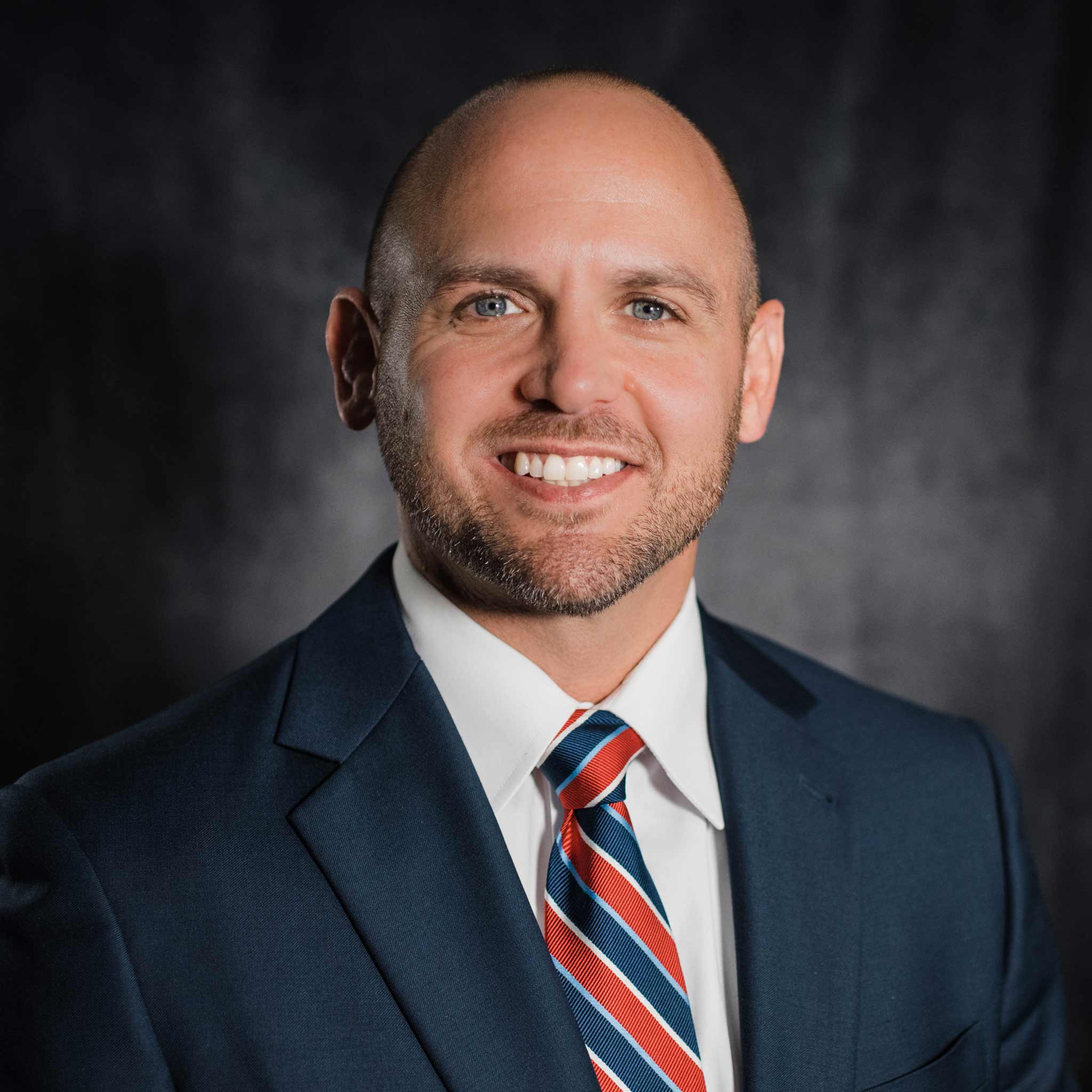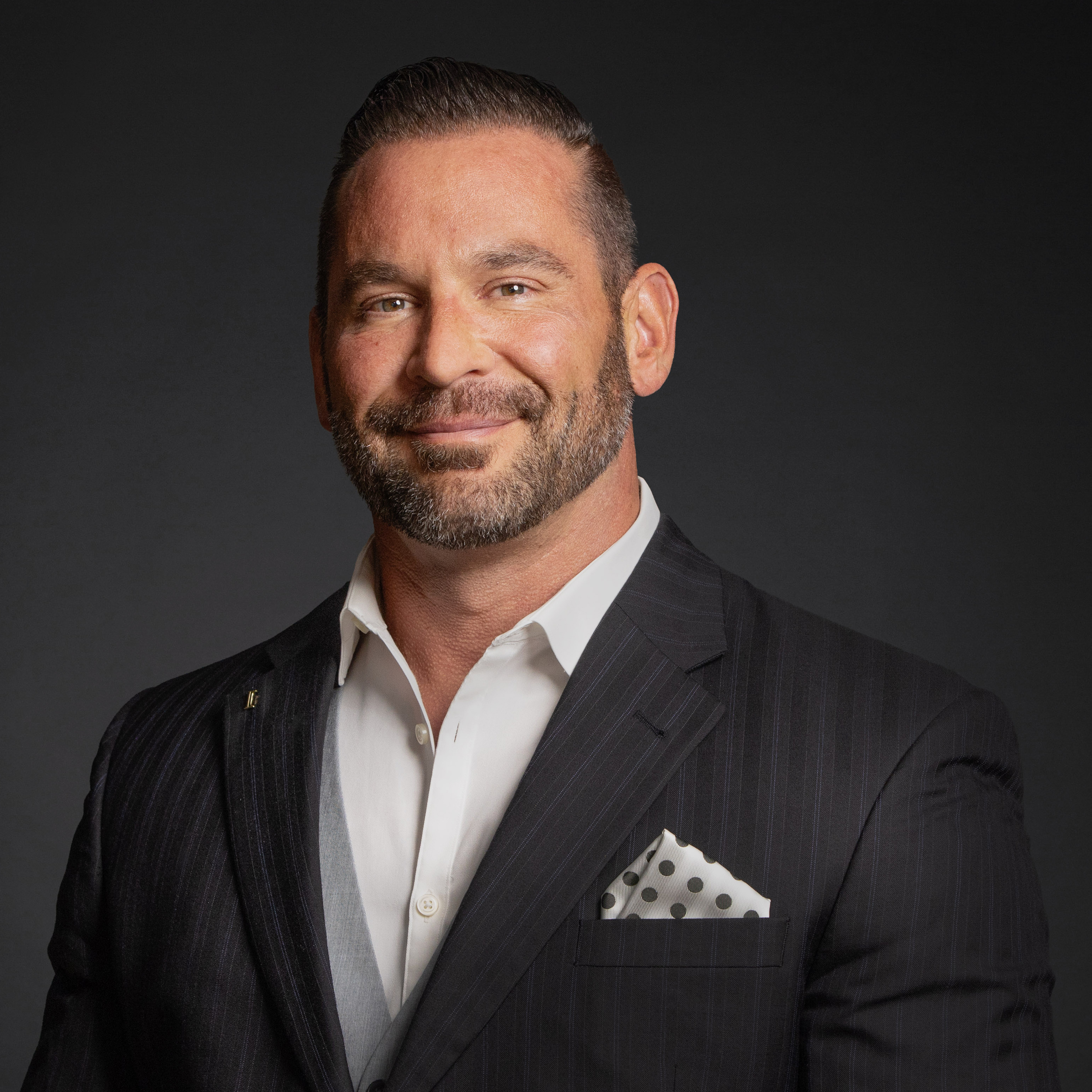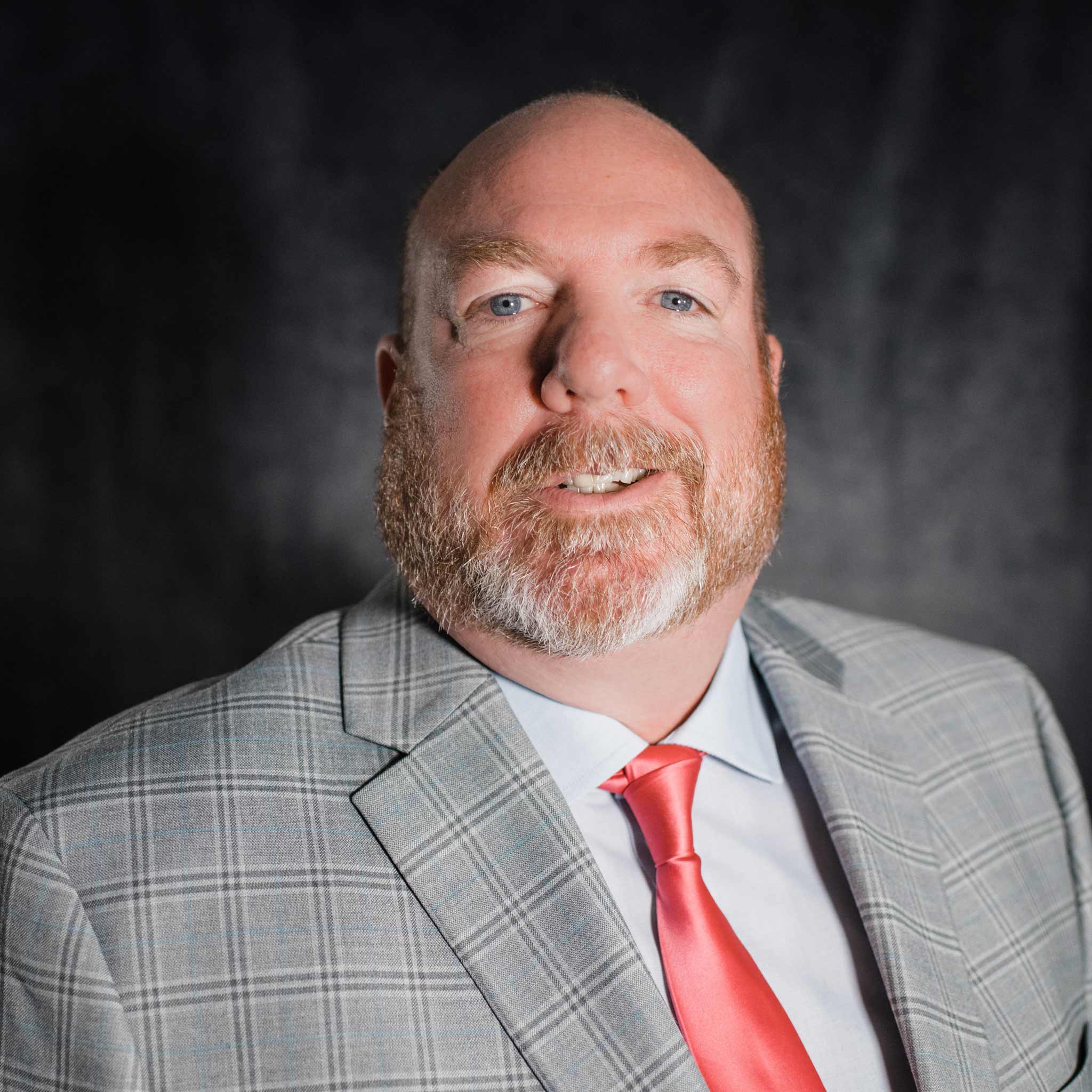Original Agency Builder®
We help our agency partners and their financial professionals build stronger businesses and better serve their customers through innovative marketing solutions, exclusive tools and services, and in-depth operational support.
Founder | Brokers International
From humble Midwestern beginnings, Brokers International began as a family-owned and operated insurance marketing organization (IMO) that would go on to revolutionize how modern agencies are built.
As the Original Agency Builder®, we help our agency partners build and develop skilled downlines comprised of more holistic agents and financial professionals by leveraging industry-leading training programs to improve their downlines’ sales strategies, product knowledge, and concepting skills.
When you partner with Brokers International, we’ll work relentlessly to maximize the full potential of your agency—so you can provide more product solutions, forge stronger relationships, and better serve your agents and clients to grow your agency.
The roots of Brokers International date all the way back to 1955, when our founder, Roger McCarty, initially entered the insurance industry. For nearly three decades, Roger was a successful and practicing agent, but he grew tired of the endless hoops he and other agents had to jump through when writing different products or looking for additional support.
Roger had a vision of a better way—a one-stop marketing office providing agencies and agents access to various products, comprehensive support, and exceptional service to help them build their agency. In 1983, Roger brought that vision to life by creating the first insurance marketing organization (IMO), Brokers International, solidifying his legacy as an industry pioneer—shaping the modern insurance industry for decades to come.
Today, Brokers International is one of the largest and most experienced IMOs in the country, but our mission remains the same, working effortlessly to help our agency partners and financial professionals build their businesses and better serve their customers through our innovative products, marketing programs, compliance, and operational support.
During our first thirty-eight years in business, Brokers International was a family-owned and operated organization which enabled us to build a rich, family-focused culture centered on our core values. But as a family-owned business, we had limited access to the tools and resources we needed to empower more agencies and financial professionals across the country.
As we began our search, Integrity Marketing Group (Integrity), the nation’s largest independent distributor of life and health insurance products, quickly emerged as the perfect partner. Integrity had extensive access to resources, technology, and emerging markets to help us expand our business. But most importantly, their culture, desires, and aspirations all aligned with ours.
In June of 2021, Brokers International officially became a member of the Integrity family. Since then, this partnership has expanded our reach and positioned us for another 38 years of success as we strive to provide industry-defining marketing programs, training resources, operational and compliance support to more agencies and financial professionals across the insurance industry.
At Brokers International (BI) we believe in giving back to our community and that’s why we created Brokers International Impact. Each and every year, BI hosts our very own fundraising events where all proceeds raised by our associates are matched by Brokers International and donated to a local or national nonprofit organization.
Brokers International Impact supports a multitude of local and national nonprofit organizations such as the ones listed below. BI recognizes the importance in aiding our community, and as a result, all full-time associates here at Brokers International receive 16 paid hours of voluntary time off to participate in causes of their choice within the community.
Our team is dedicated to providing our agency partners and financial professionals with the services, solutions, and support they need to streamline and build their businesses.















Page updated 12/11/2025 | #25-1603-121126